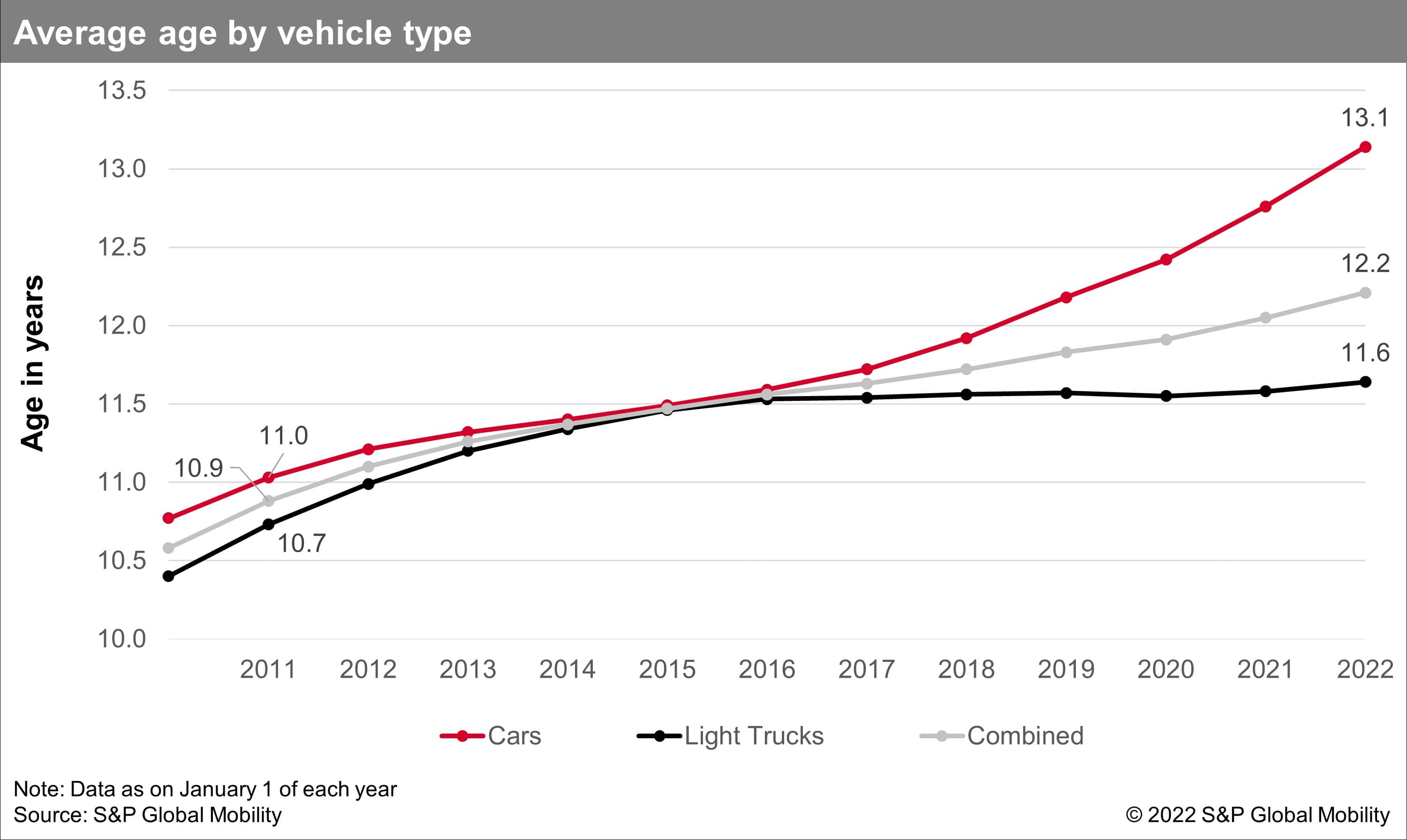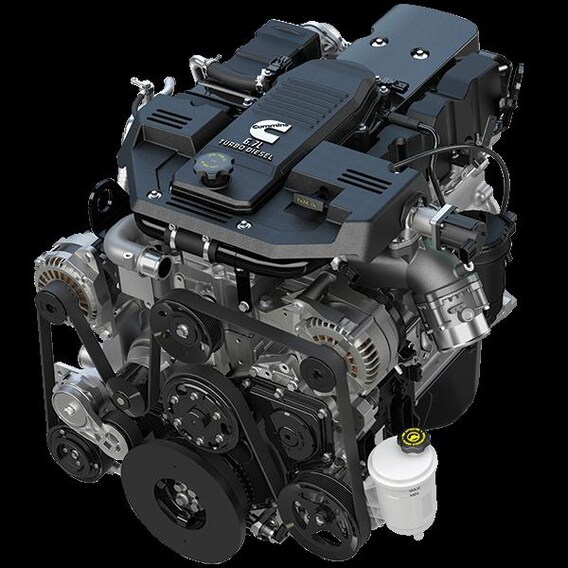In reply to yupididit :
Not a lot. It mostly comes from working on cars, and being close to the automotive repair industry.
You could look at the average age of vehicles on the road going up historically. Now this could be attributed to rising costs of new vehicles, or other economic factors, but I think at least a small contributor is that now an average person can keep a 12 year old vehicle on the road. That doesnt necessarily mean that they are more reliable than a new one though

JD power said vehicles are becoming less reliable, although there opinion is more over the short term than mine
https://www.thetruthaboutcars.com/2022/06/j-d-power-claims-vehicles-are-becoming-less-reliable/#:~:text=J.D.%20Power%20has%20released%20its,less%20reliable%20and%20more%20expensive.
CR - New Cars Aren't Always More Reliable, Despite What Buyers Think
https://www.thetruthaboutcars.com/2022/06/j-d-power-claims-vehicles-are-becoming-less-reliable/#:~:text=J.D.%20Power%20has%20released%20its,less%20reliable%20and%20more%20expensive.
CR - Consumer Reports: All-new cars have more problems
https://money.cnn.com/2016/10/24/autos/consumer-reports-auto-dependability/index.html
CNBC - Drivers fed up with less reliable vehicles
https://www.cnbc.com/2016/02/24/drivers-fed-up-with-less-reliable-vehicles.html
Most of this is focused and based on cars when they are relatively new, and Im more talking about long term reliability. Look its the internet you can find something to support any opinion, but its not like this is a novel opinion Whats not an opinion is vehicles are more complex than ever, and manufactures are making compromises to reliability to chase fuel economy, its what the regulators and the market forces want.
New vehicles no doubt outperform and are safer than older vehicles. Its the reason my wife's car is only a year old.












































